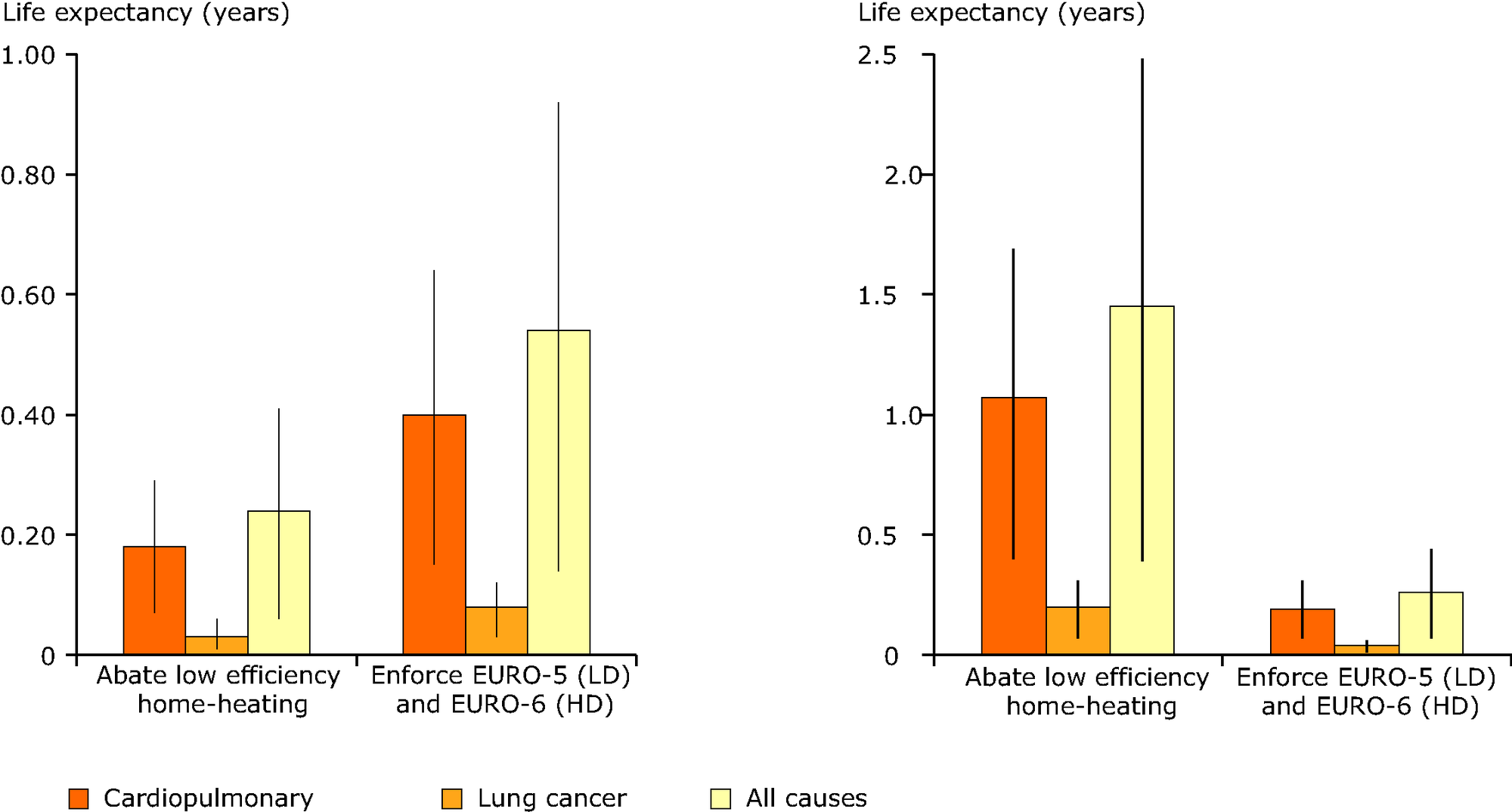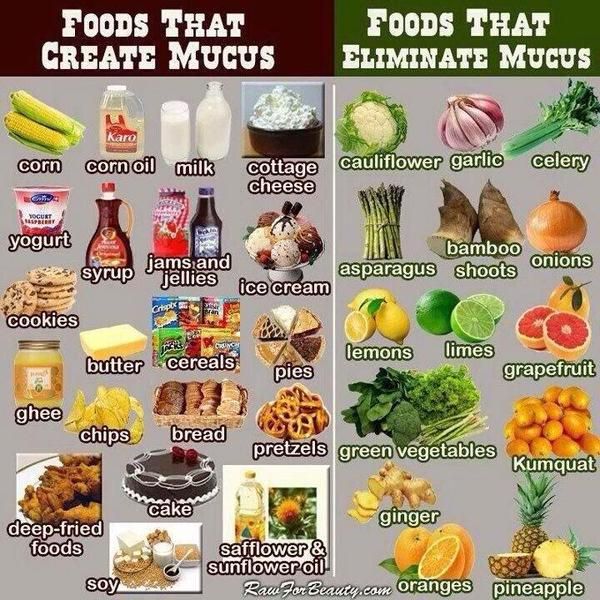
Healthy habits are not only good for your health, but also for your happiness and your time. It doesn't take a genius to have good habits. It just takes some effort. Your brain wants to maintain your health, so the more conscious decisions that you make, the better. And because 45% of our daily decisions are based on habit, it makes sense that developing a new habit every day can help you live longer and enjoy better health.
Healthy eating habits and regular exercise can help you improve your mental health and decrease your mental effort. Your mind must be conscious to understand how your body moves down the stairs. Your subconscious is responsible for moving your legs and maintaining your balance. You can focus on eating or washing your hands. Slowing down will improve the taste and reduce your consumption, which is good for your wallet.

It's hard to eat whole chickens every day. However, one egg can be a healthy snack. They are packed full of nutrients and make an excellent choice for breakfast or lunch. The egg yolk contains more protein than the egg white and has less fat. Although the yolk contains fats, the white is rich source of vitamins and minerals. Although it might sound boring, you will feel much better after having one every day.
For good health, it is important to get enough sleep. You must get enough sleep if you want to be healthy. To repair their minds and bodies, kids need to get enough sleep. Many studies have shown that 8 hours of uninterrupted sleep is the best for an adult. It is important to live a healthy lifestyle by following the eight-hour rule. You must ensure that your child gets enough rest every night. There are many benefits to getting an uninterrupted eight-hour nap a night.
Good habits are important for children. Good sleep habits include sleeping quietly and getting enough rest. It is vital to get enough sleep for your body as well as your mind. It is important to get eight hours sleep each night for a healthy outlook. It's better for you to get eight hour uninterrupted sleep than to only get three to four hours each night. You should make it a habit to get your children enough sleep.

Another great habit is washing your hands with warm water. It's a proven way to keep germs at bay. It can also boost your immune system. Daily ice cream can help you stay healthy. Increase your intake of fruits and vegetables. These foods are rich in micronutrients, antioxidants, and can help you avoid many diseases. Even a tiny amount of icecream can make a difference in your life.
FAQ
How can you tell what is good?
Listen to your body. When it comes to your body's needs for exercise, food, or rest, it is the best. To avoid overdoing it, it's important that you pay attention to what your body is telling you. You must listen to your body to ensure you are healthy.
Is cold a sign of a weak immune response?
It's been said that there are two kinds of people in the world; those who love winter and those who hate it. It doesn't really matter whether you love winter or loathe it. You might be wondering why it makes you miserable.
The truth is that our bodies are built to work best when it's warm. Because of this, our bodies evolved to thrive and survive in hot climates.
We live in a very different environment than our ancestors. We spend more time indoors and are often exposed to extreme temperatures (cold or heat) and eat processed foods rather than fresh.
Because of this, our bodies have become accustomed to extremes. This means that we feel tired, sluggish and even sick when we venture outside.
However, there are some ways to reduce these effects. You can combat these effects by making sure you are well-hydrated all day. Water is essential for your body to function properly and eliminate toxins.
Another important step is to ensure that you're eating healthy meals. Eating nutritious foods helps your body maintain its optimal temperature. This is especially important for those who spend long periods inside.
Consider taking a few moments each morning to meditate. Meditation helps to calm your mind and body which can make it easier to deal stress and illness.
What does it take to make an antibiotic work?
Antibiotics are medications that kill harmful bacteria. Antibiotics are used to treat bacterial infections. There are many different types of antibiotics. Some can be taken orally while others are injected. Others are topically applied.
Antibiotics are often prescribed to people who have been exposed to certain germs. An oral antibiotic might be prescribed to someone who has been exposed to chicken pox. This will prevent the spread of shingles. For those with strep-thorphritis, an injection of penicillin could be administered to prevent them from getting pneumonia.
A doctor should give antibiotics to children. Children are more likely to experience side effects than adults from antibiotics.
The most common side effect of antibiotics is diarrhea. Other possible side effects include stomach cramps, nausea, vomiting, allergic reactions, headaches, dizziness, and rashes. These symptoms usually go away after treatment ends.
What is the difference of fat and sugar?
Fat is an energy source that comes from food. Sugar is naturally found in fruits and veggies. Both fats (and sugars) have the same calories. But, fats have more calories than sugars.
Fats are stored in the body and contribute to obesity. They may cause cholesterol buildup and lead to strokes or heart attacks.
Sugars can be quickly absorbed by your body and give you instant energy. This causes blood glucose to rise. High blood sugar levels can cause type II diabetes.
What are the top 10 healthy habits?
-
Eat breakfast every day.
-
Don't skip meals.
-
You should eat a balanced diet.
-
Get plenty of water.
-
Take care of your body.
-
Get enough sleep.
-
Avoid junk food.
-
Do some exercise every day.
-
Have fun
-
Make new friends
Statistics
- WHO recommends reducing saturated fats to less than 10% of total energy intake; reducing trans-fats to less than 1% of total energy intake; and replacing both saturated fats and trans-fats to unsaturated fats. (who.int)
- nutrients.[17]X Research sourceWhole grains to try include: 100% whole wheat pasta and bread, brown rice, whole grain oats, farro, millet, quinoa, and barley. (wikihow.com)
- Extra virgin olive oil may benefit heart health, as people who consume it have a lower risk for dying from heart attacks and strokes according to some evidence (57Trusted Source (healthline.com)
- According to the Physical Activity Guidelines for Americans, we should strive for at least 150 minutes of moderate intensity activity each week (54Trusted Source Smoking, harmful use of drugs, and alcohol abuse can all seriously negatively affect your health. (healthline.com)
External Links
How To
What does the meaning of "vitamin?"
Vitamins are organic compounds that can be found in foods. Vitamins aid us in absorbing nutrients from the food we eat. Vitamins cannot be made by the body; they must be taken from food.
There are two types: water-soluble and fat-soluble vitamins. Water-soluble vitamins dissolve in water easily. These include vitamin C (thiamine), Vitamin B1 (riboflavin), Vitamin B2 (riboflavin), Vitamin B3 (niacin), Vitamin B6 (pyridoxine), Vitamin C, B1 (thiamine), Vitamin B2 (riboflavin), Vitamin B3 (niacin), and Vitamin B6 (pyridoxine). The liver and fatty tissues are home to fat-soluble vitamins. You can find vitamin D, E K, A, beta carotene, and other fat-soluble vitamins.
Vitamins can be classified according to biological activity. There are eight major categories of vitamins.
-
A - essential for normal growth and maintenance of health.
-
C is important for nerve function and energy production.
-
D - Essential for healthy teeth and bones.
-
E - Required for good vision & reproduction
-
K - Required for healthy nerves and muscles.
-
P - vital for building strong bones andteeth.
-
Q – aids digestion of iron and iron absorption
-
R – Required for the formation of red blood vessels.
The recommended daily intake (RDA), of vitamins varies with age, gender and physical condition. The U.S. Food and Drug Administration, (FDA), sets the RDA value.
For example, the RDA for vitamin A is 400 micrograms per dayfor adults 19 years or older. However, pregnant women need 600 micrograms per day because it is important for fetal development. Children ages 1-8 require 900 micrograms per day. Children under 1 year old require 700 micrograms daily, while infants over one year old need 500 micrograms every day. This decreases between 9 and 12 months.
Children between the ages 1--18 years old who are overweight or obese require 800 micrograms per Day, while those who are overweight or obese need 1000 micrograms. To meet their nutritional needs, children underweight and obese require 1200 micrograms a day.
2200 mg of vitamin A per day is required for children aged 4-8 who have been diagnosed by anemia.
2000 micrograms daily is required for adults over 50 to maintain their general health. Due to their increased nutrient needs, pregnant and breastfeeding women need 3000 micrograms daily.
Adults over 70 require 1500 micrograms each day, since they lose around 10% of their muscle mass every decade.
Women who are pregnant or nursing need more than the RDA. Pregnant women require 4000 micrograms daily during pregnancy, and 2500 micrograms every day after birth. Breastfeeding mothers need 5000 mg per day when breastmilk is being produced.